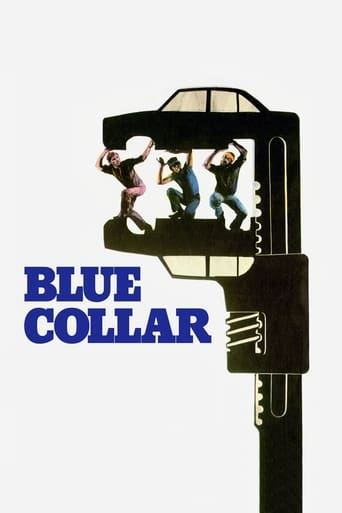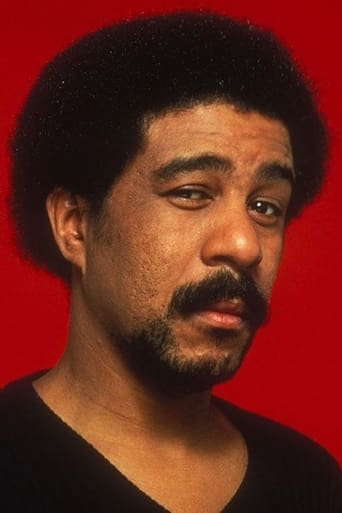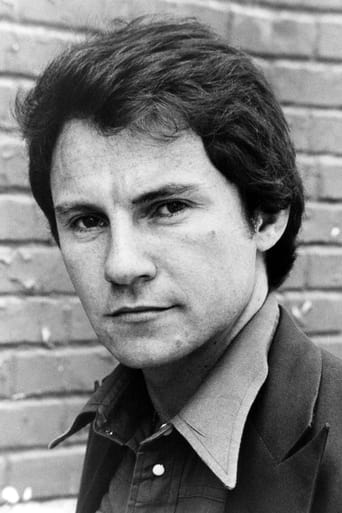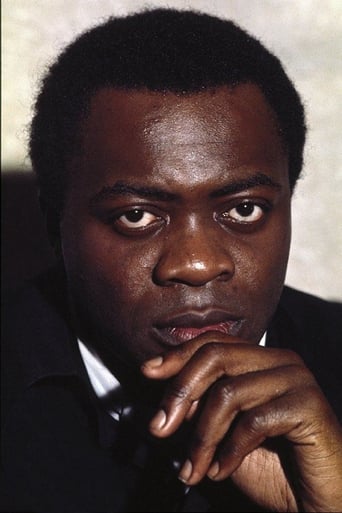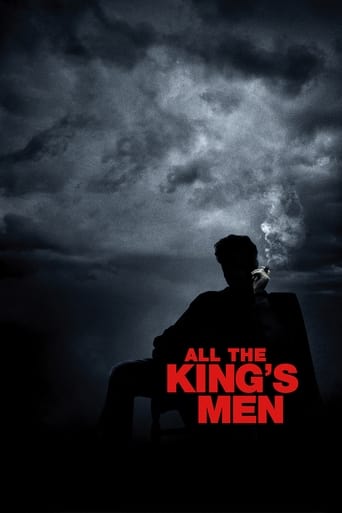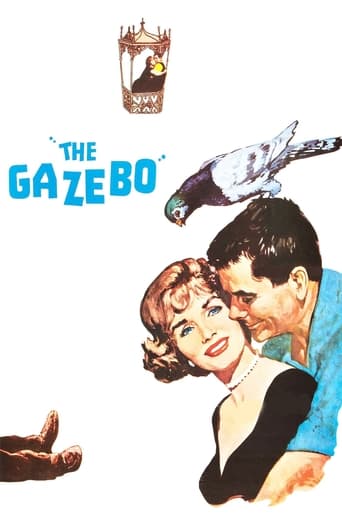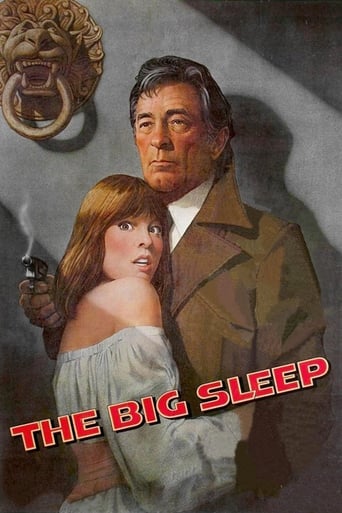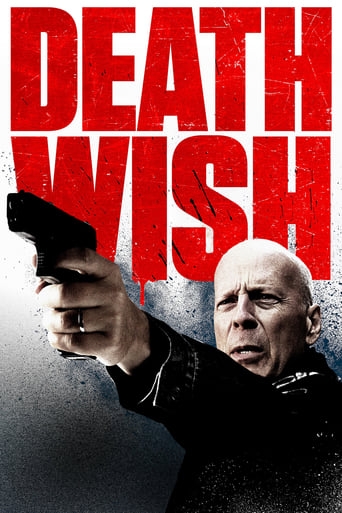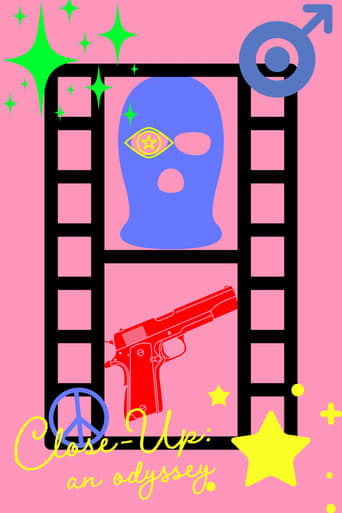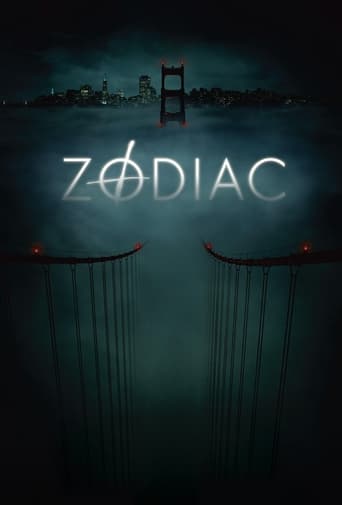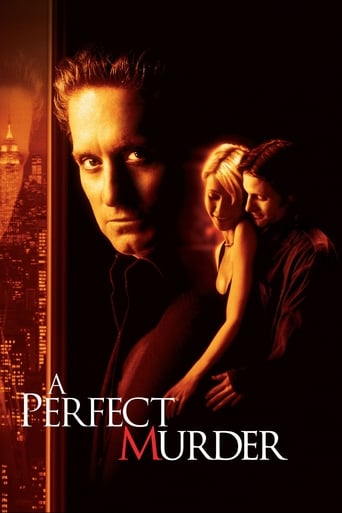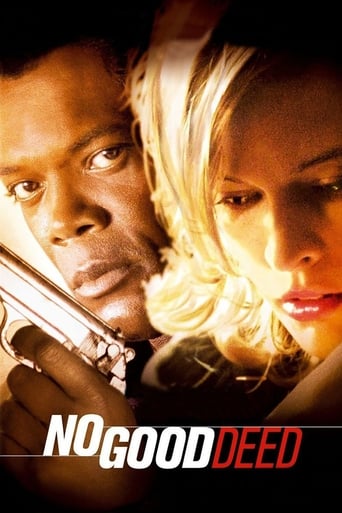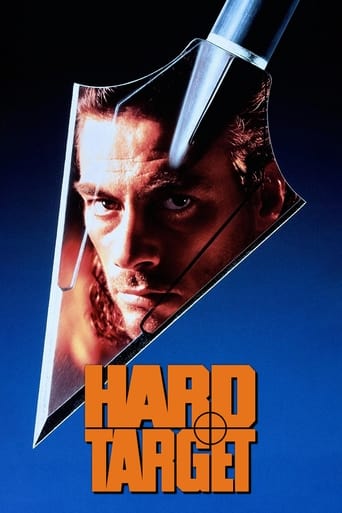Blue Collar (1978)
Fed up with mistreatment at the hands of both management and union brass, and coupled with financial hardships on each man's end, three auto assembly line workers hatch a plan to rob a safe at union headquarters.
Watch Trailer
Free Trial Channels
Cast


Similar titles
Reviews
Sadly Over-hyped
Excellent characters with emotional depth. My wife, daughter and granddaughter all enjoyed it...and me, too! Very good movie! You won't be disappointed.
Blistering performances.
I think this is a new genre that they're all sort of working their way through it and haven't got all the kinks worked out yet but it's a genre that works for me.
I realize I am shoveling against the tide here, as most reviews rave about this film. I will agree that the acting by Richard Pryor, Harvey Keitel, and Yaphet Kotto is overwhelmingly excellent. The story has something to say about union corruption, the working stiff, race relations, and getting into crime without realizing what could be the consequences. The film flips somewhat uneasily from hilarious Halloween masks with springy eyes and buck teeth, to smashing kneecaps with a baseball bat. I also thought the unresolved ending was disappointing. If "Blue Collar" had fewer assembly line scenes, fewer "F" words, and a more satisfying conclusion, I would have liked it better. It's still a strong drama because of the fine acting, although I doubt there will be many second viewings. - MERK
Paul Schrader's Blue Collar paints a depressing picture of the American blue collar worker - one Karl Marx would've simply shook his head at and scoff at in disgust. It shows a group of relatable individuals, all of whom slumming their lives away at a dead end, blue collar job, knowing all too well that they're expendable employees, when one particular member of the labor union is so unsatisfied with the lack of productivity on part of his union bosses that he challenges the incumbent to run for union boss. He believes that, if elected, he'd work for the people rather than having the people voice demands that ostensibly appear to fall on deaf ears. It isn't until he inches closer and closer to this potential gig that he realizes just what he's up against, the hoops he'll have to jump through, and the soul of his he'll have to sell in order as a price that comes with that kind of title.The optimistic soul is Zeke Brown (Richard Pryor), who works alongside his two best friends Jerry Bartowski (Harvey Keitel) and Smokey James (Yaphet Kotto). A great deal of Zeke's motivation to run for union boss comes when a tax collector comes to his house to collect unpaid taxes. In a bout of rage and frustration I'm sure many of us have felt, Zeke rants at the blameless tax collector by saying he barely makes enough money to buy food for his home, let alone keep the electricity running. He follows up by asking why he can't get a break when the same tax collectors give countless breaks to those on Wall Street. Zeke's rant is one of the defining scenes of this film, for it tackles a problem that, even over thirty years following this film's release, is a constant, every-day problem and insurmountable battle for a great deal of families.Zeke, Jerry, and Smokey decide to find a way to rob the union headquarters. However, upon executing their plan, they discover the union boss doesn't lie when he says that the union is low on cash, for they find very little money. The trio then stumble upon a ledger that contains information about illegal loans that reveal mob connections. Now the men know what it's like to be plunged into a world of crime and uncertainty, with their lives at risk and their optimism for their careers turned into a bitter, backstabbing game of survival of the fittest in a capitalist nightmare.There's a sadness that lurks in many American crime dramas and that sadness usually stems from the fact that something that should benefit people, or, at the very least, give them something to believe in, doesn't actually operate the way people think it does. Martin Scorsese's Casino showed us the brutal interworkings of a Las Vegas casino that was rigged to make the consumer lose at all cost, and make the soul pay a hefty price had they tried to beat the odds, and a movie like Oldboy shows the real ugliness of people in a crowded, tight-knit area that would lead you to believe people would be brought together or at least unified on a collective term. Blue Collar, however, cuts deeper. These are blue collar jobs we're looking at with this film; not clean-cut white collar jobs and not a rare case of fraud or backhanded dealings in one company. These kinds of manipulating tactics used amongst big business are an unfortunately common practice and Schrader exposes it in a startling manner.Schrader uses his exposure by getting Richard Pryor the leading role in a film that only manages to be funny when Pryor's character shows off his brazen attitude, which is very infrequent. Here, Pryor goes from the easily recognizable funny-man many of us know him as to a frighteningly hungry character, be it hungry for truth, or eventually, hungry for manipulation and winning. He commands the screen, even when assisted by the likes of Kotto and Keitel. This is his film through and through, a film where his formerly basic color palette of an actors transcends any kind of pre-conceived notions or judgment and shine bright and really show audiences his capabilities as a well-rounded character actor.Blue Collar is an ugly film, thematically and in terms of the situations its characters are forced into. It shows personal economic freedom and progress as a neverending cycle that results in nothing but further inequality and disenfranchisement from a country that allegedly fights against it. If a film like this came out in present time it would be a strong social statement, but its 1978 release date shows that little has changed in present time when it comes to the dealings of big business.Starring: Richard Pryor, Harvey Keitel, and Yaphet Kotto. Directed by: Paul Schrader.
Following his screen writing credits on classics like Obsession and Taxi Driver, Paul Schrader would make his first foray behind the camera with the 1978 film Blue Collar. Spotlighting the exploitation of proletariat workers at the hands of powers at be, the film ranks among Schraeder's best and remains a quintessential piece of 1970's U.S. independent cinema.Blue Collar revolves around three workers at a Detroit auto plant; Zeke (Richard Pryor), Jerry (Harvey Keitel) and Smokey (Yaphet Kotto). Perpetually mistreated by their higher-ups and barely making enough money to feed their families, the film follows the group as they hatch a desperate plan to rob their union. Carrying through with the plan, the men end up stumbling upon evidence of behind-the- scenes corruption, setting the stage for the film's second half where the big wigs gradually take down each member of the group.Shot with an air of gritty realism, Blue Collar is a low budget drama with a Marxist message - powerfully channelling themes of race, class conflict and white collar crookedness. Though similar contemporaneous films have endured better in the annals of film history, Schraeder's debut remains an overlooked gem - one worthy of being dusted off and given a second look.
I was extremely impressed with the acting of the 3 main characters(Pryor, Kotto, and Keitel). Since I grew up in Detroit and my Dad and uncles worked for the big 3 the Auto Industry angle caught me. In the scene where Keitel was on the Belle Isle Bridge, I spotted in the background the Uniroyal Tire Company, where my Grandad worked for over 40 years. Yet Pryor's performance was terrific. The scene with the IRS agent was CLASSIC and a perfect example of blending comedy into a not so funny situation for Zeke's somewhat straight character. I thoroughly enjoyed this movie and seeing some old landmarks and areas the way they were was a treat.

